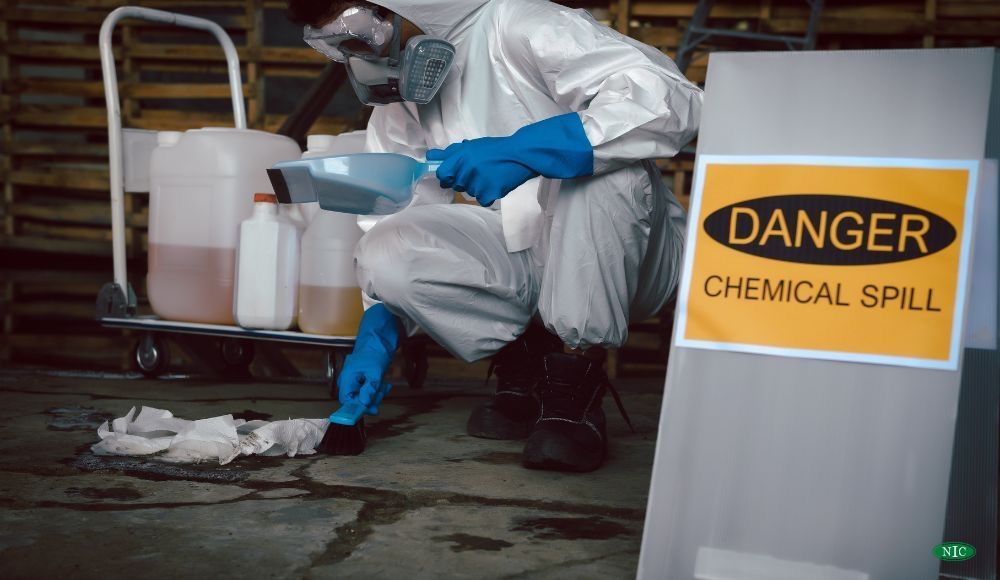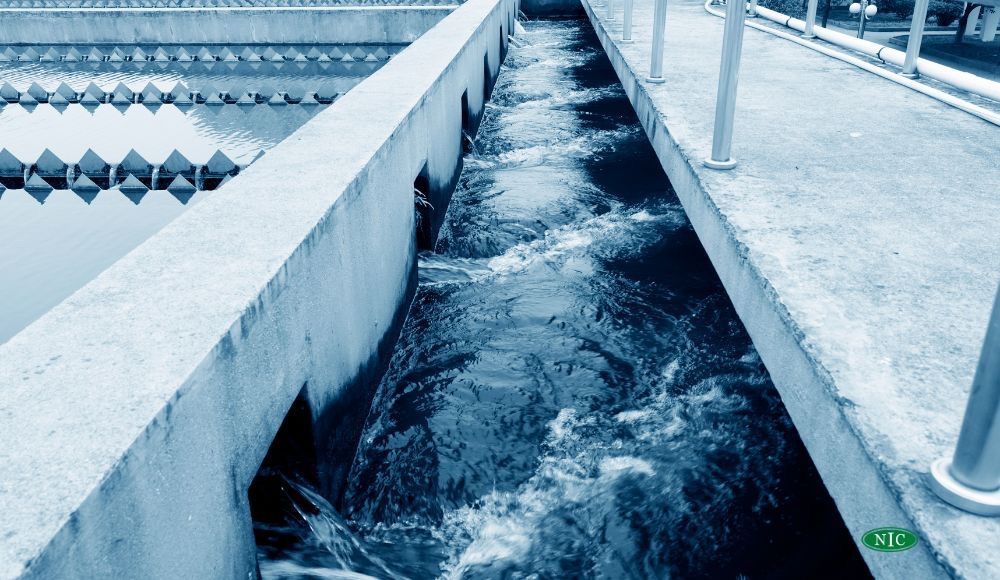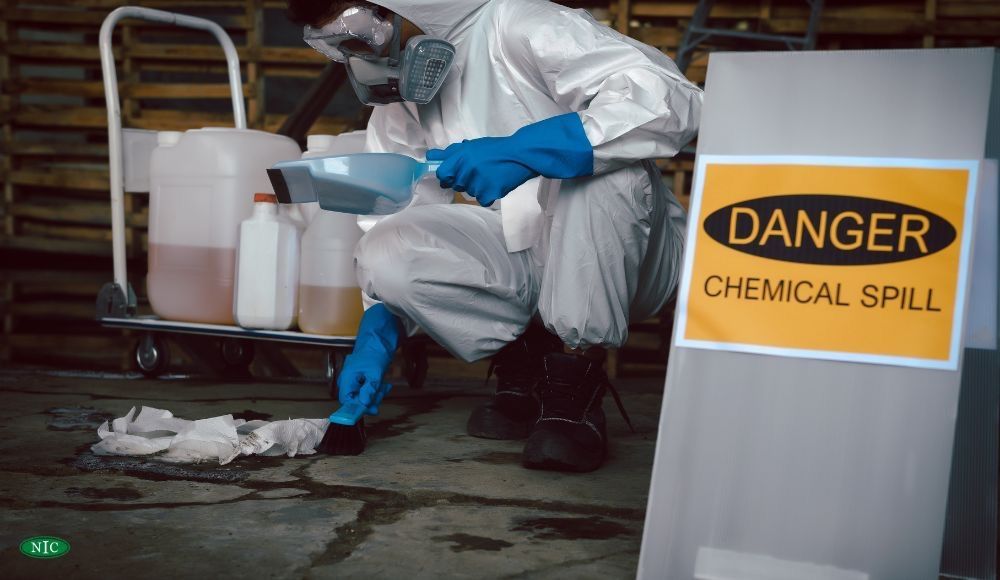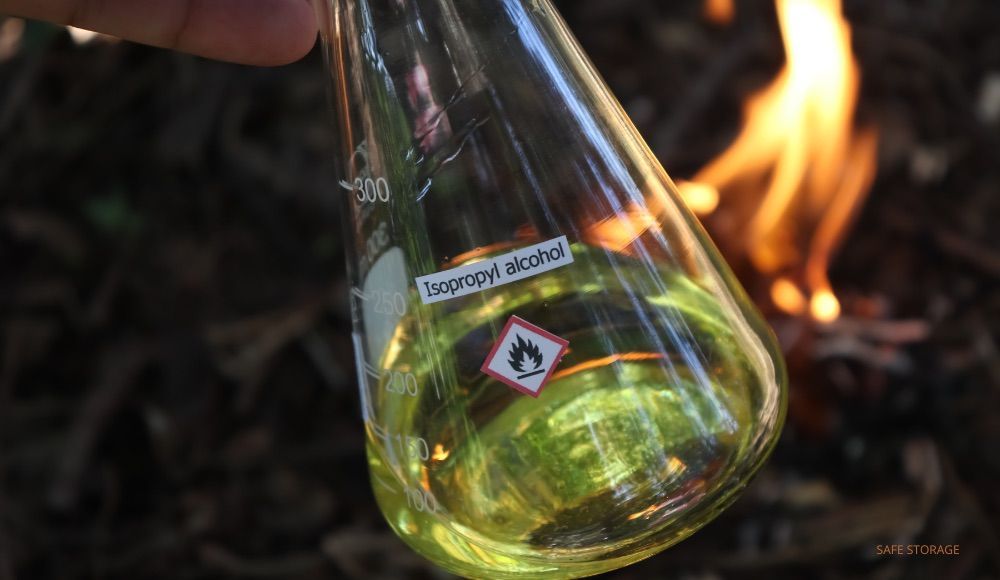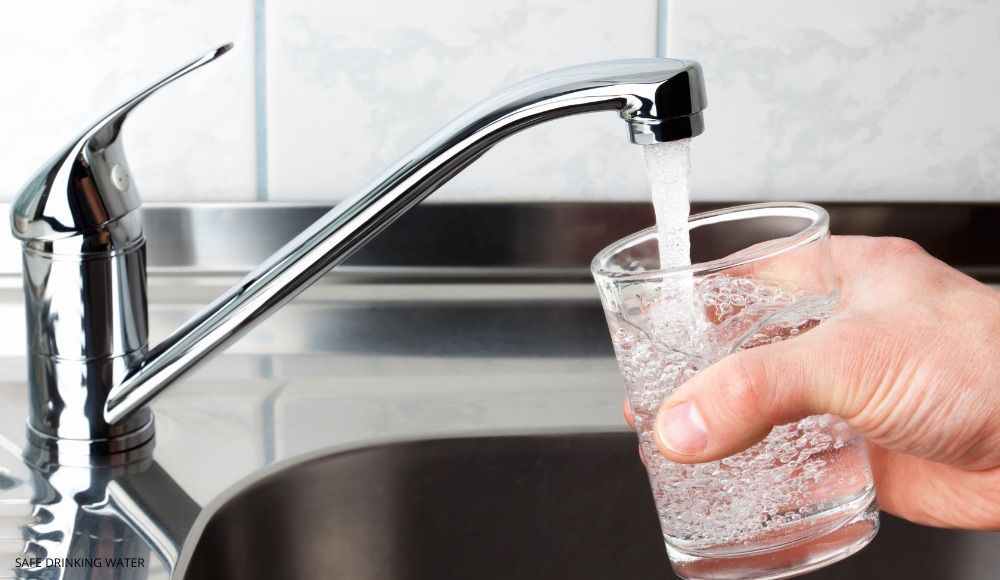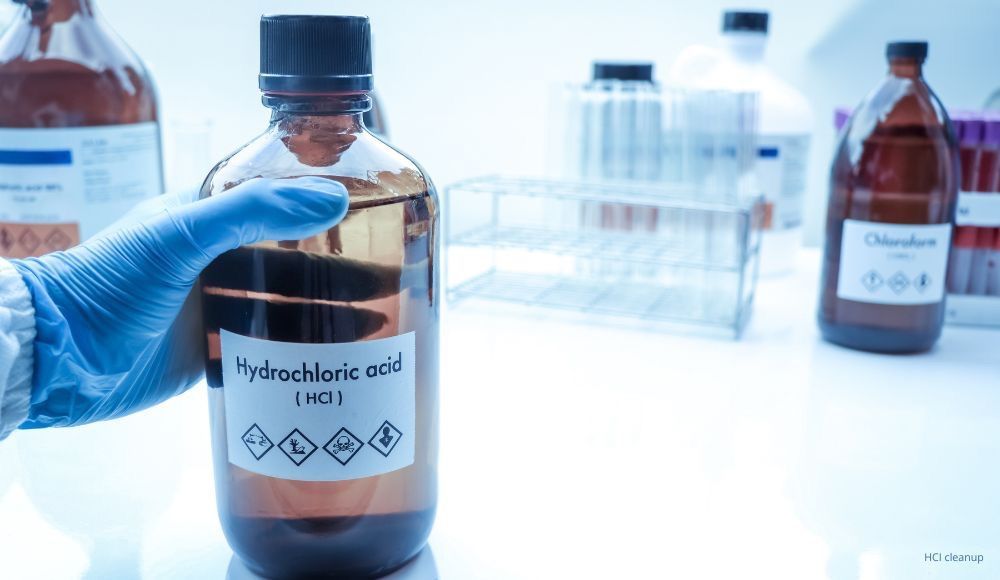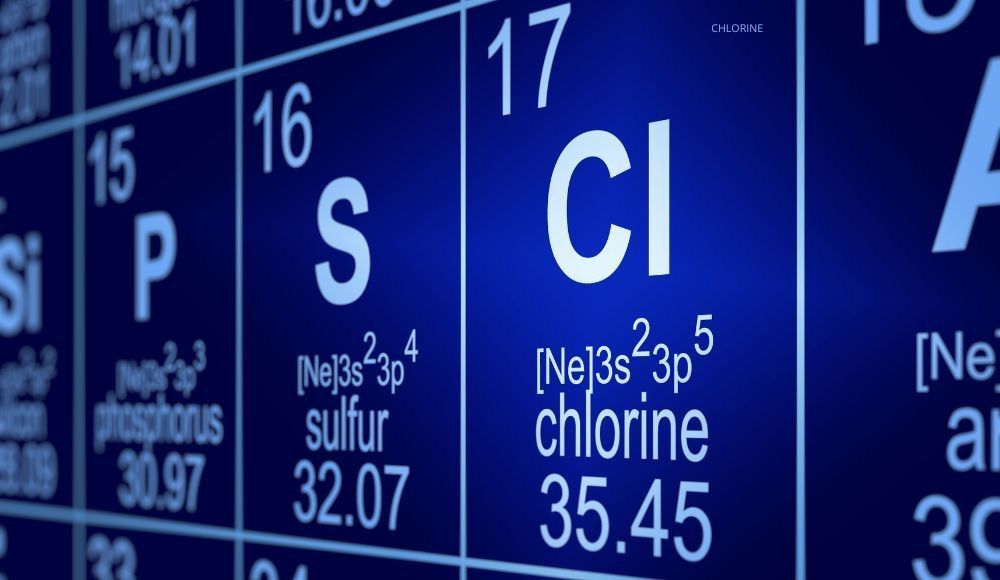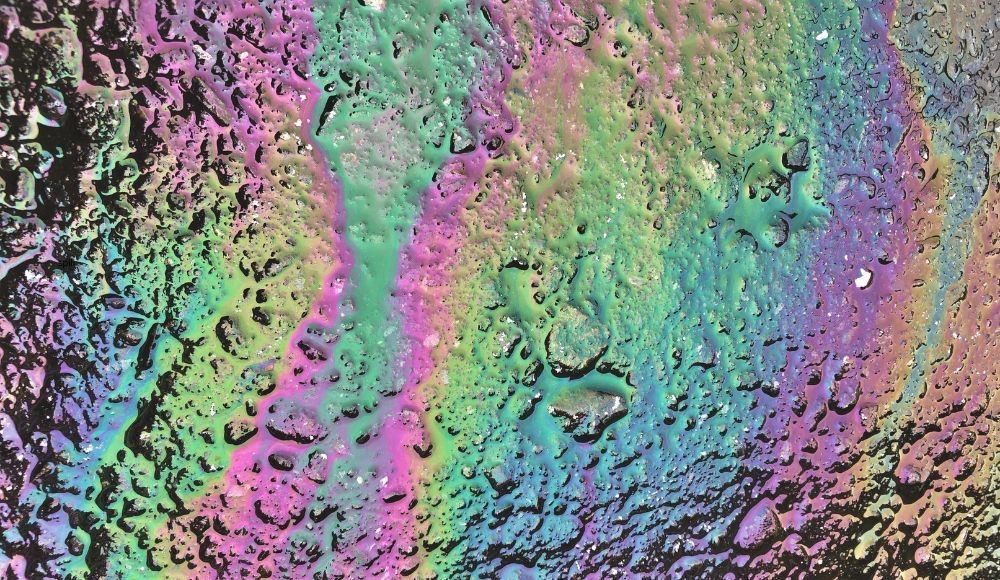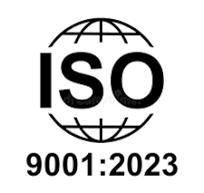How to Store Muriatic Acid: Essential Safety Tips and Guidelines

Muriatic acid, a diluted form of hydrochloric acid (HCl), typically contains 20-30% hydrogen chloride dissolved in water. It is a strong, highly corrosive mineral acid that appears colorless to pale yellow and has a pungent odor. It is used in various applications, including cleaning, etching, and disinfection.
Safely storing muriatic acid is crucial for maintaining a secure environment. This guide provides essential tips and guidelines for handling this potent chemical safely, minimizing risks in both home and industrial settings.
Proper Storage: Essential Tips
Safely storing muriatic acid requires careful attention to prevent accidents and exposure. Here are some guidelines for safe storage:
- Well-Ventilated Area: Store muriatic acid in a well-ventilated area to prevent the buildup of toxic fumes. This suggestion is crucial because the vapors can be harmful to health and cause respiratory issues
- Tightly Sealed Containers: Always store muriatic acid in tightly sealed containers. The containers should be made of materials resistant to corrosion, such as PVC, and should not be made of metal, as the acid can attack it.
- Away from Incompatible Materials: Keep muriatic acid away from oxidizers, organic materials, metals, and alkalis. Mixing these substances can lead to dangerous chemical reactions.
- Cool, Dry Environment: Store the acid in a cool, dry location. Avoid areas with high humidity or direct sunlight, as these conditions can worsen the acid's corrosive nature.
Safety Precautions: Storing Muriatic Acid
Muriatic acid requires strict adherence to safety precautions to prevent accidents and exposure. Here are some key safety measures to consider:
- Labeling and Access Control: Clearly label the containers as "corrosive" and "poisonous," and post warning signs in the storage area. Store them in an area inaccessible to children and pets.
- Protective Equipment: Always have protective gear nearby, including gloves, safety goggles, and a face mask or respirator. Ensure that anyone handling the acid is adequately trained and equipped.
- Secondary Containment: Use secondary containment systems, such as spill pans or double-walled tanks, to prevent spills from spreading and mixing with other substances.
- Regular Inspections: Regularly inspect the storage containers and surrounding area for any signs of damage or leakage.
Handling and Disposal Guidelines
Careful handling and adherence to specific procedures are essential for safely disposing of muriatic acid. Here are some methods to consider:
Neutralization
Slowly add the muriatic acid to a solution of baking soda until the fizzing stops, which indicates neutralization. This reaction converts the acid into harmless salt and water.
Dilution and Drain Disposal
Dilute the acid with a large amount of water. For example, dilute ¼ cup of muriatic acid with 2 gallons of water. Pour the diluted solution down the drain, if permitted by local regulations.
Hazardous Waste Facilities
If local regulations do not allow drain disposal, take the muriatic acid to a hazardous waste facility. This method ensures safe and environmentally responsible disposal.
Regardless of the method you use, always wear gloves, safety goggles, and a mask when handling muriatic acid to prevent skin contact and inhalation of fumes. Check local disposal regulations before proceeding with any method.
Contact NIC Today for All Your Chemical Needs or Storage Questions
Contact North Industrial Chemicals for advice on all your industrial chemical requirements. Our expert team is standing by to serve you!
